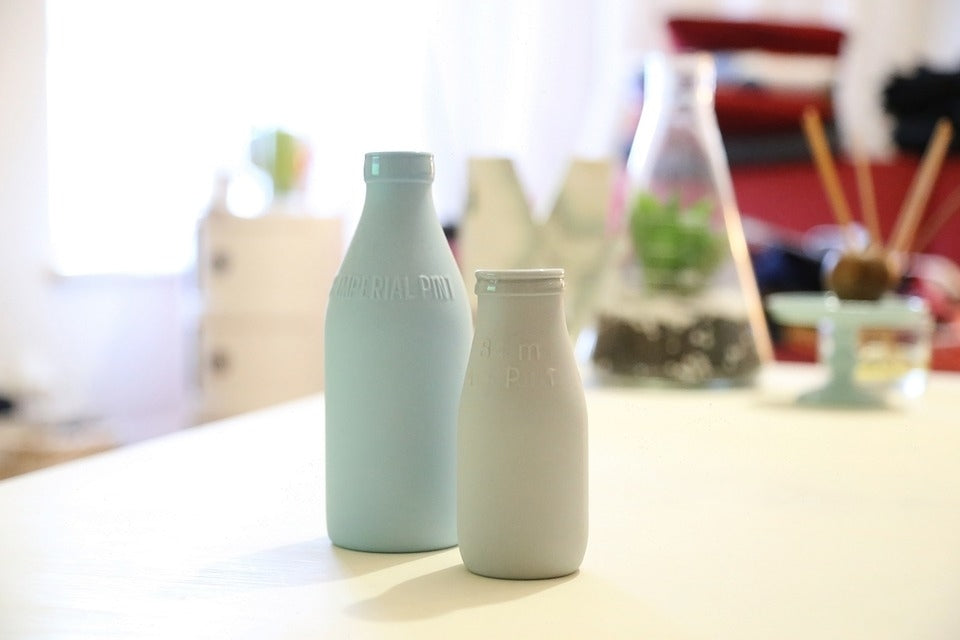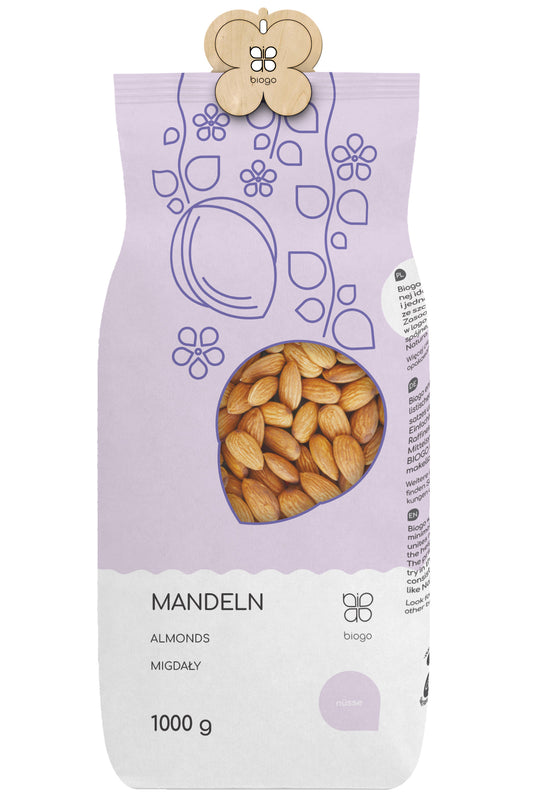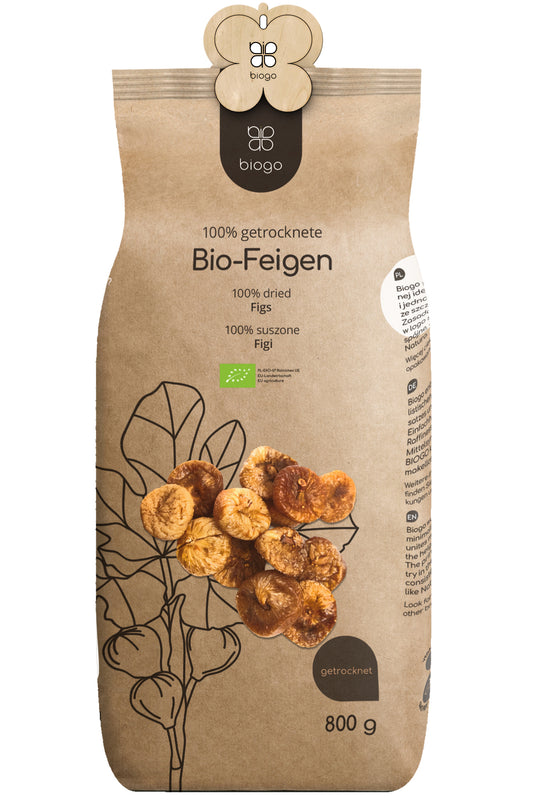Contents:
Natural probiotics should be an integral part of our daily diet. They have a very beneficial effect on our entire body. Probiotics are nothing more than live cultures of "good" bacteria and yeast. They are especially recommended after antibiotic treatment; you can then take them in the form of supplements available from pharmacies. However, it's important to know that natural probiotics are found in many common foods. Let's see what else you should know about these good bacteria.
Properties of natural probiotics
Probiotic bacteria are living microorganisms. These primarily include bacteria and yeasts that produce lactic acid. We include:
- Lactobacillus ,
- Bifidobacterium ,
- Saccharomyces boulardii (yeast).
These good bacteria have a positive effect on our health. They primarily support the proper functioning of the digestive system and thus support the body's overall immunity. They produce organic acids, hydrogen peroxide, and bacteriocins that inhibit the growth of various pathogens. Thanks to probiotics, the body is able to fight off microbes more quickly. Natural probiotics, among others:
- regulate and support proper intestinal function,
- protect the intestines from harmful bacteria,
- improve intestinal tightness,
- Balance pH in the stomach
- help reduce the amount of pathogenic bacteria,
- alleviate the negative side effects of antibiotics,
These properties make probiotic bacteria useful in preventing and supporting the treatment of:
- Diarrhea (which occurs as a result of taking antibiotics, but is also caused by rotaviruses, for example),
- constipation
- Inflammation of the digestive tract, including gastritis, caused by the presence of Helicobacter pylori bacteria.
- irritable bowel syndrome,
- Allergies and food intolerances (e.g. symptoms of lactose intolerance),
- Caries,
- Arthritis.
Due to these properties, the regular intake of probiotics is recommended for all people, even healthy people, but especially for people suffering from various diseases such as irritable bowel syndrome or Helicobacter pylori infection, Crohn's disease, atopic dermatitis and infections of the genital and urinary tract.
Natural sources of probiotics
Fermented foods are the best source of natural probiotics, and the fermentation process is one of the oldest food preservation techniques in the world. It turns common cabbage and cucumbers into silage, and milk is used to make various preserves. Daily foods rich in natural probiotics include:
- pickled cucumbers and cabbage ,
- Dairy products such as: natural yogurt, kefir, buttermilk ,
- beet sourdough,
- Kombucha drink ,
- kimchi,
- Sourdough bread.
These well-known and popular products available to you contain beneficial probiotics—good bacteria that support our body, the proper functioning of the digestive system, and immunity. So, don't forget to drink a glass of kefir , yogurt, or sauerkraut salad every day for dinner.
THE PUBLISHER'S CHOICE
Dried dates 1 kg BIOGO
- £4.00
£5.00- £4.00
- Unit price
- / per
Almonds 1 kg BIOGO
- £11.00
£13.00- £11.00
- Unit price
- / per
Peeled sunflower seeds 1 kg BIOGO
- £3.00
£4.00- £3.00
- Unit price
- / per
Dried organic mango 400 g BIOGO
- £10.00
- £10.00
- Unit price
- / per
Dried White Mulberries 500 g ORGANIC
- £6.00
£7.00- £6.00
- Unit price
- / per
Popcorn (corn kernels) organic 1 kg BIOGO
- £6.00
- £6.00
- Unit price
- / per
Organic Ground Turmeric 500 g BIOGO
- £6.00
- £6.00
- Unit price
- / per
Milk thistle seeds 1 kg BIOGO
- £4.00
- £4.00
- Unit price
- / per
Dried organic figs 800 g BIOGO
- £27.00
- £27.00
- Unit price
- / per
Bag #changezbiogo Cotton v.2
- £3.00
- £3.00
- Unit price
- / per






































































































































